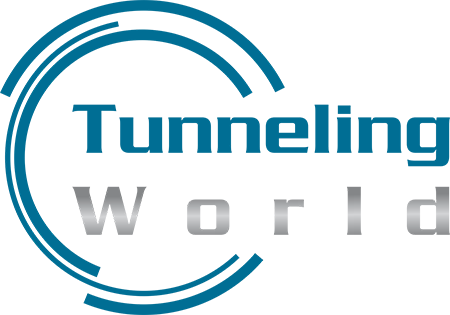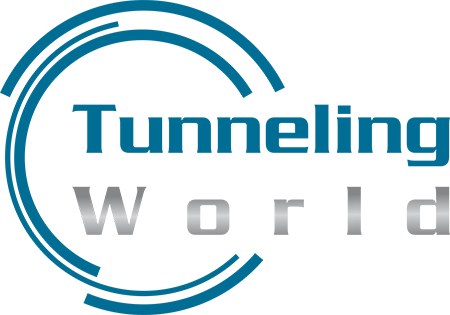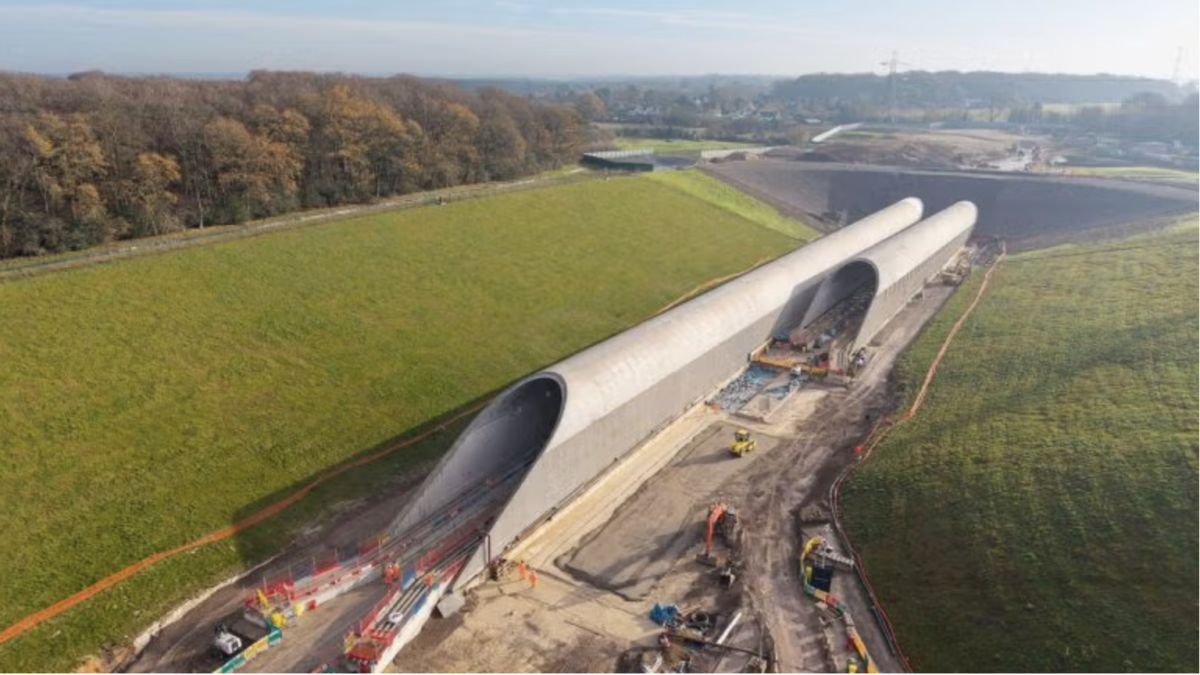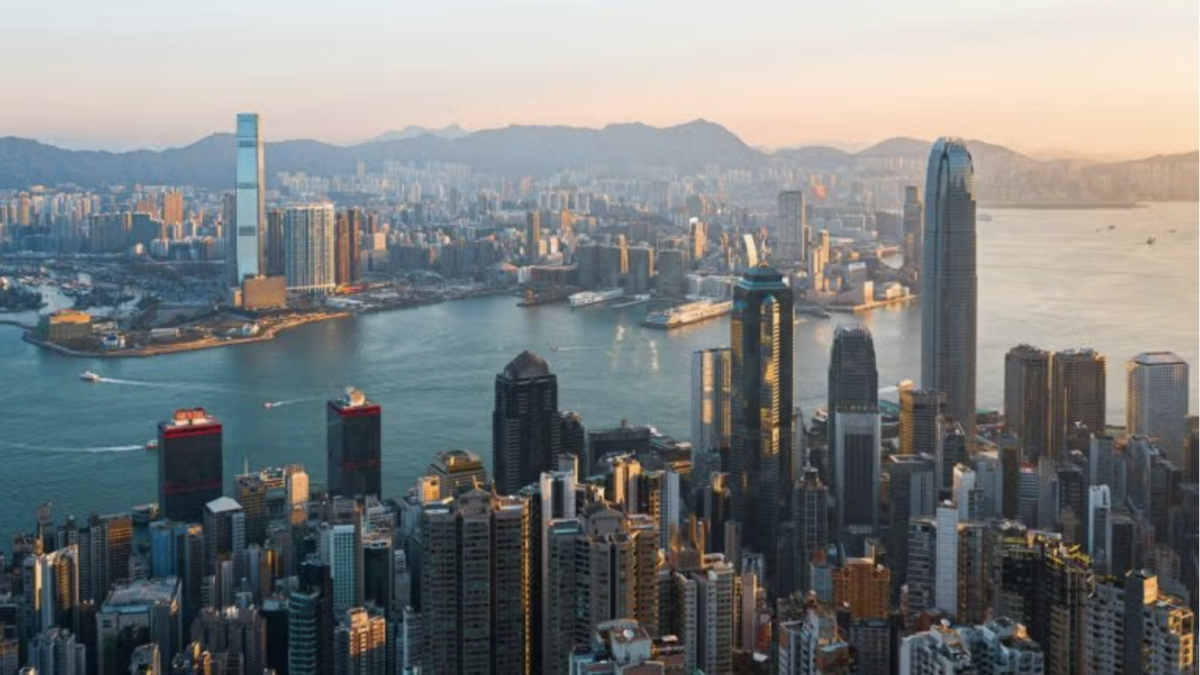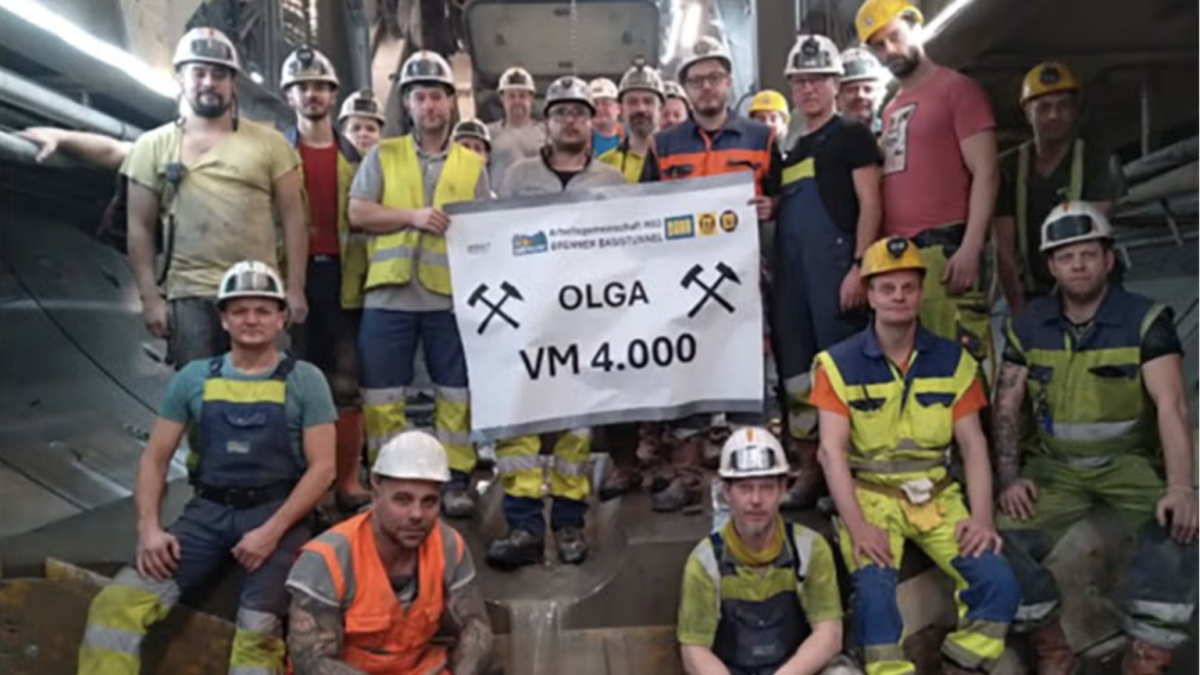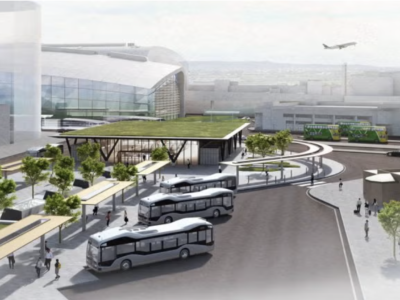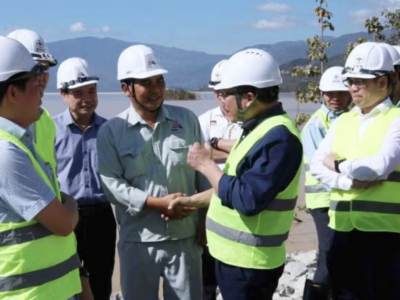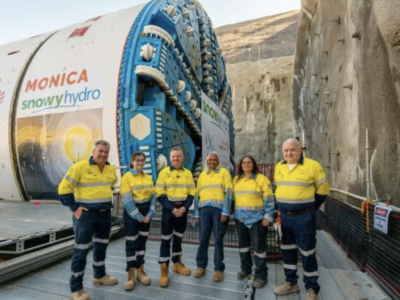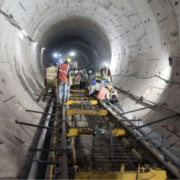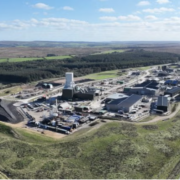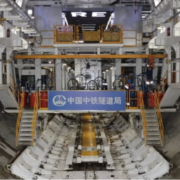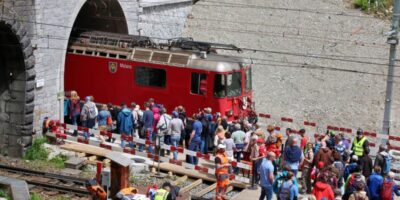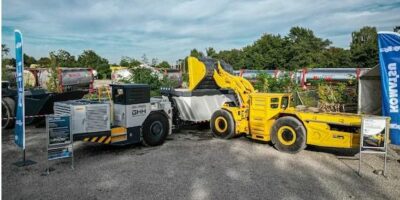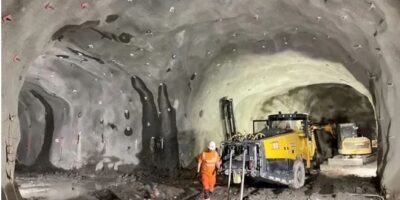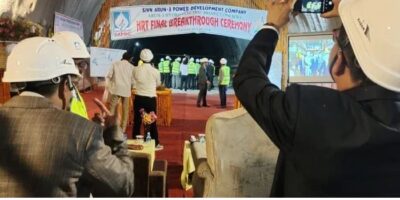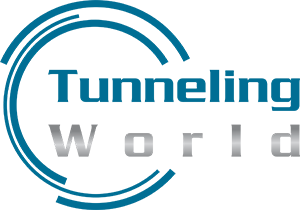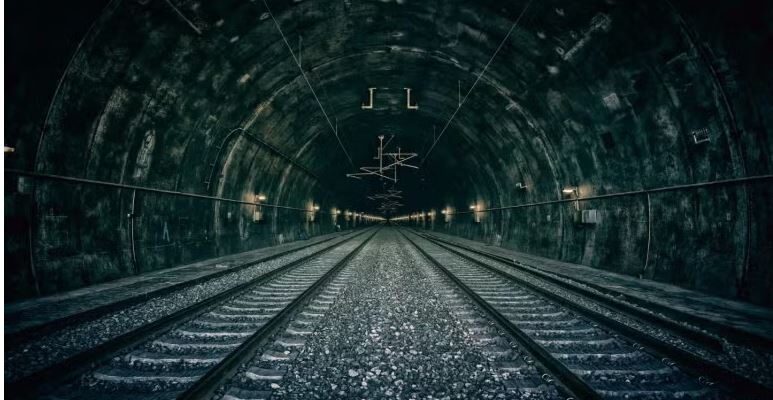
In order to advancing the Brasov-Sighisoara railway project, AKTOR Romania, part of the construction company AKTOR Group, has deployed its fourth tunnel boring machine (TBM).
As one of the few in Europe to use four TBMs simultaneously, this project is marking a major lanmark in modernising Romania’s railway network and is part of the vital Rhine-Danube European Corridor.
This project upgrades the Apața – Cața section of the railway line.
With1,500 tonnes weight and 100m length, the newly activated TBM joins three previously activated TBMs.
The location of launching this TBM is through a hillside near Racoș, complementing the work of the third TBM, which has been tunneling deep into the mountain for three months.
Forming the northern tunnel pair, the two newly activated TBMs are due to create two 5.1km tunnels heading toward Homorod.
Also, the responsibility tunneling the southern pair, which consists of twin 6.9km tunnels toward Apața, is up to the first two TBMs, activated earlier in 2024.
The daily advance of each TBM is 10-15m, working six days a week with one day set aside for maintenance.
According to Brasov-Sighisoara railway project director Sotirios Koropoulis: “The installation of a TBM and the start of boring are intricate tasks that require careful planning, preparation, and execution. TBMs allow for greater precision, safety, and environmental responsibility in tunnel construction compared to traditional methods. This approach not only opens up new infrastructure possibilities but also reduces the impact on surrounding areas.”
As part of the Rhine-Danube Corridor, the Restoration of the Brasov – Simeria Railway Line project intends for a maximum speed of 160 km/h.
The determined budget for Brasov – Sighisoara section, including the Apata – Cata LOT 2 sub-section, is €573m and is co-financed by the European Union.
As it is staded this development will be AKTOR’s largest ongoing project in Romania, whereas AKTOR Romania is also managing the restoration of two other sub-sections on the same railway line, Brasov – Apața and Cața – Sighisoara, with a combined budget of over €186m.
